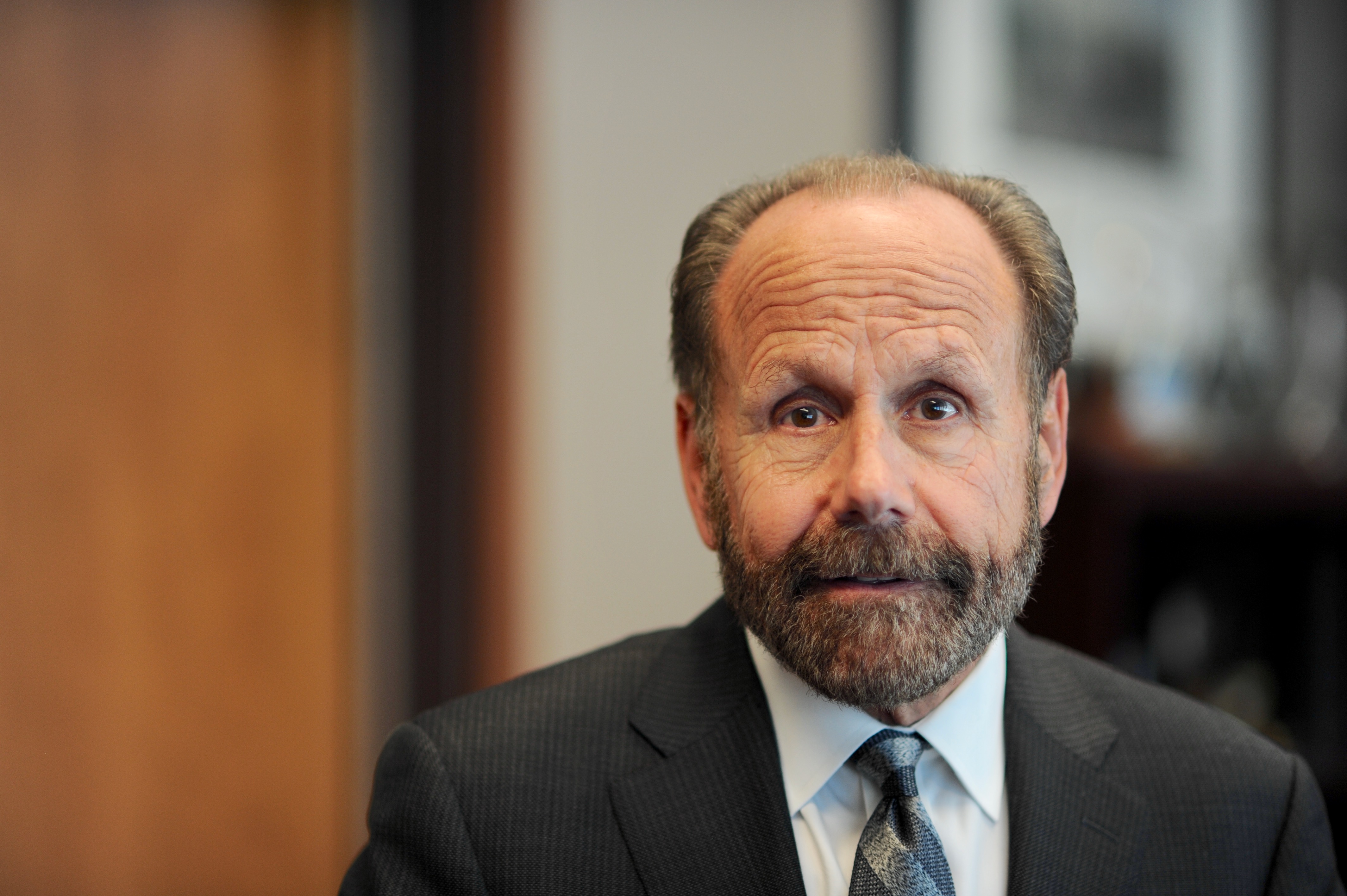
CPUC Fines PG&E $125 Million for Starting 2019 Sonoma Kincade Fire
Since November 2018, PG&E has been sued multiple times for causing or contributing to several wildfires
By Evan Symon, December 3, 2021 2:18 am
The California Public Utilities Commission (CPUC) fined utility company Pacific Gas & Electric (PG&E) for $125 million on Thursday over its role in causing the 2019 Kincade Fire.
Since November 2018, PG&E has been sued multiple times for causing or contributing to several wildfires, including being charged with over 80 counts of voluntary manslaughter. The company has had to pay large fines and settlements ranging from smaller individual settlements to a combined $24.5 billion in settlements stemming from the 2018 Camp Fire that resulted in 84 deaths, over 18,000 buildings destroyed, and the entire town of Paradise leveled by the blaze. In addition to the settlements, the company had to enter bankruptcy for over a year, and still faces dozens of individual, city, county, and state lawsuits.
Suits over the Kincade Fire, a 2019 wildfire in Sonoma County that resulted in 374 building being destroyed, hundreds being left homelesss, and four people being injured in a span of two weeks. Cal Fire found PG&E to be at fault in July 2020 after an investigation found that the fire was sparked by a faulty transmission line in Geyserville, allowing many suits and regulator talks to begin in earnest.
The $125 million fine issued Thursday after a year and a half of talks will be divided between the state and customers, with California receiving $40 million and PG&E customers getting $85 million.
PG&E said in a statement that the company would strive to resolve claims faster and to make their electrical system safer in the future.
“We will continue our work to make it safe and make it right, both by resolving claims stemming from past fires and through our work to make our system safer,” the utility company said on Thursday.
Experts noted that although the settlement amount was far lower than the more destructive Camp Fire, it was still a lot for PG&E to give after getting out of bankruptcy last year.
“$125 million is not peanuts,” explained former fire and arson investigator Oscar Chavez to the Globe on Thursday. “Honestly, PG&E really wants to get away from them being one of the most recognizable causes of wildfires in the state. People think arson, or lightning, or gender reveal parties too, but thanks to the Camp Fire and others like Kincade, they’re the face of it.”
“And it is costing them too. But the big thing for PG&E now is to get all of these suits and settlements out of the way and focus on fixing what they can, and to their credit, that’s exactly what they said today. They’re talking a big game. That’s a lot of electrical lines to check in areas that are not easily accessible. We now need to keep an eye on them to make sure that they see it through. For all of our sake’s.”
Other wildfires in California possibly caused by PG&E equipment are currently under investigation in California, including the large Dixie Fire that occurred earlier this year.



Who will benefit from these fines? The state or it’s people? When will the fines be collected and how will they be used? For killing so many people and destroying so many homes and buildings, why, oh why, is this company allowed to still operate? If the suing can’t destroy the destroyer, what will bring justice for such repeated malicious incompetency? Inquiring minds would like to know just what will be the fate of a company run in a way that results in mass murders. And who gets the money?
When CPUC fines PG&E – PG&E will request increase in customer fees, CPUC will agree – Rinse and Repeat….
There is no real addressing of the any issues, it ALWAYS ends with customer paying the fines in the end.
Maybe some day the Globe will report on the strict liability laws that make PG&E liable even when they are not.